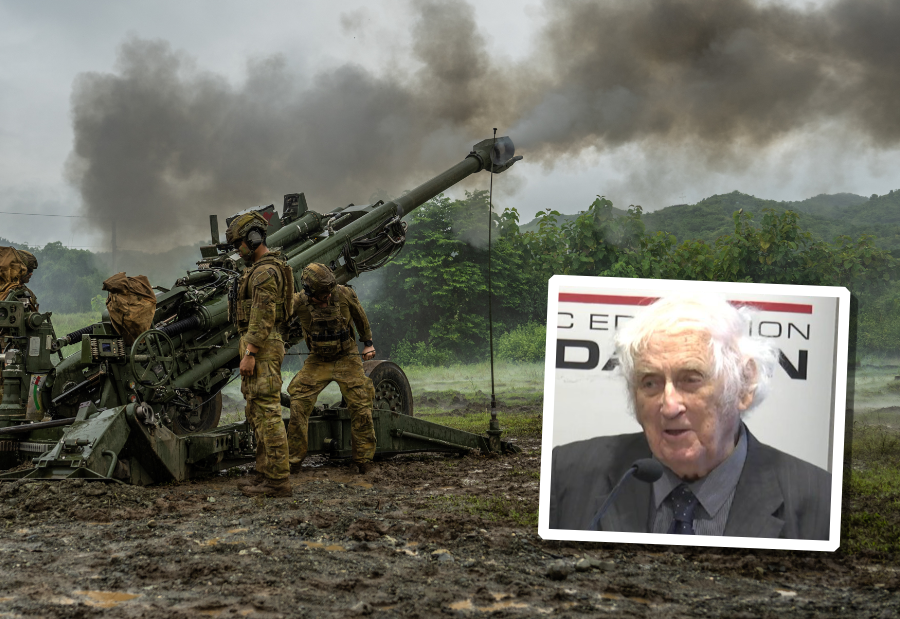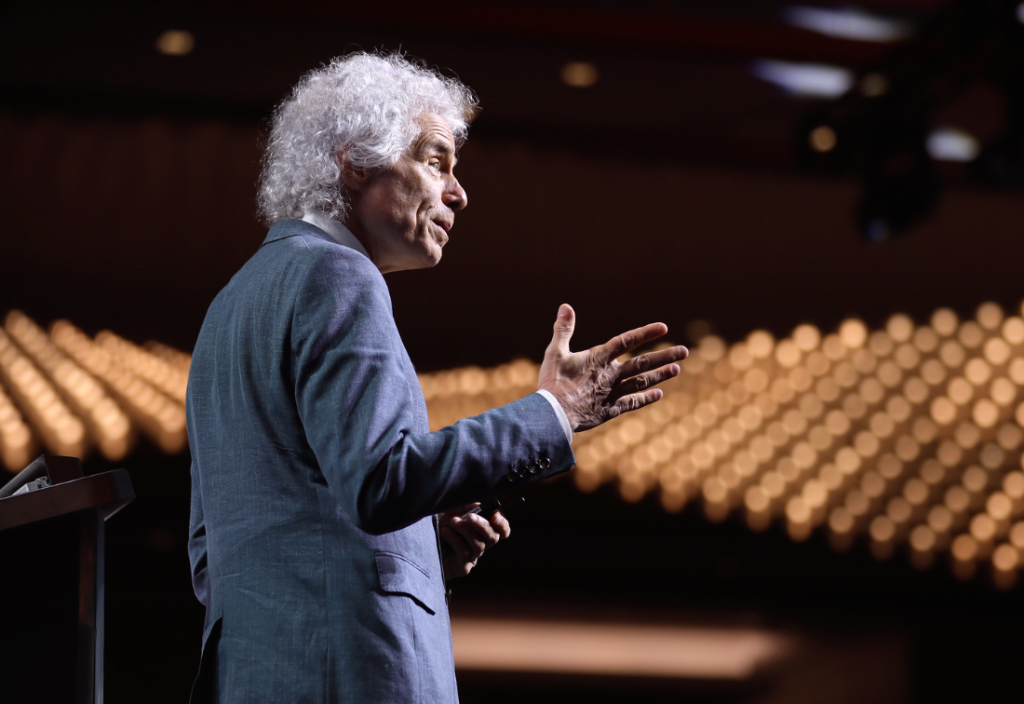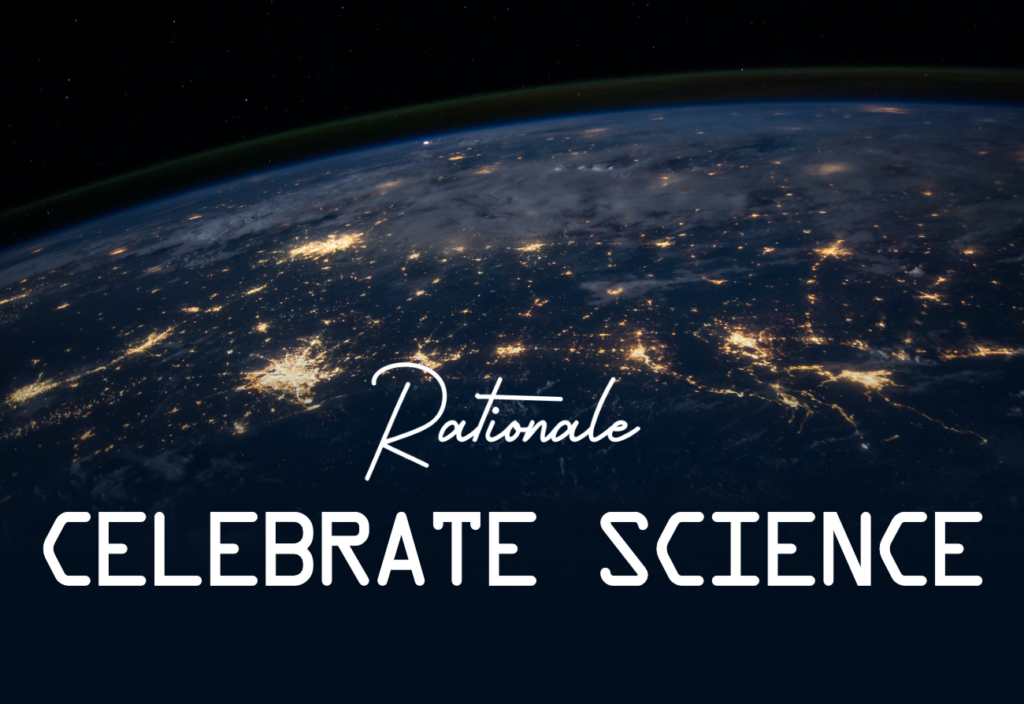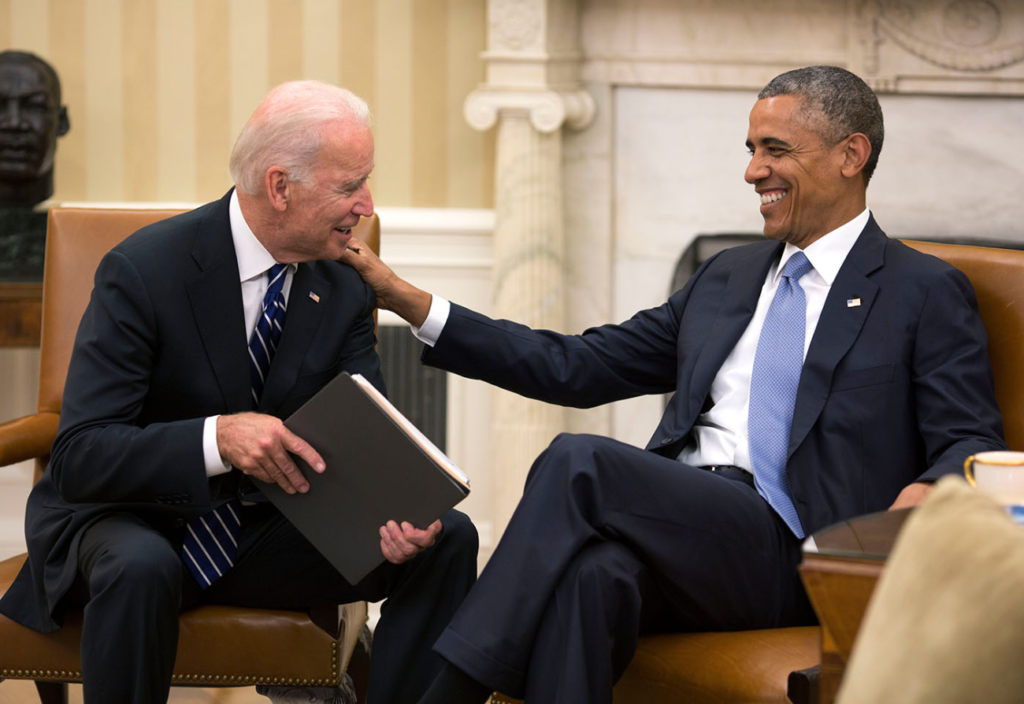Geoffrey Blainey is 95 – a venerable age. He remains lucid and productive even so – rather like David Attenborough, who, at 99, has just released and featured in his latest nature documentary, Ocean.
Blainey is our country’s finest historian emeritus. The reprinting and updating of one of his most striking books – The Causes of War (2025) – first published in 1973, then republished in 1977 and 1988, is timely. Its observations and lessons are richly illuminating in the current, disturbing international climate.
The book has 20 chapters, of which several are either new to this edition or revised from earlier editions. Yet, it is striking that, as Blainey remarks:
I began the research for this book in the late 1960s, when I was the professor of economic history at the University of Melbourne. The Vietnam War was arousing intense controversy among most of my students…Urged by a student leader to lecture on the causes of war, I finally agreed to create a series of lectures on one condition – we could discuss every war except the Vietnam War.
This tells us several notable things about Blainey. The first is that he has been at work for a very long time. I’m getting old myself but I was in primary school when he agreed to create that lecture series on war at the University of Melbourne.
The second is that he exhibited, from the start, an acute sense of the value of dispassionate academic teaching. He set out to get his students to step back from immediate passionate commitments to take a deeper dive into fundamental questions.
We need that more than ever now.
The third is that he keeps thinking and is not anchored to tired old cliches or dogmatic opinions, and does not indulge in partisan polemics but in original inquiry.
All these qualities are exhibited in this classic book. It is divided into four parts: The Mystery of Peace (two chapters); The Web of War (six chapters); The Elusive Warmongers (four chapters); and The Varieties of War (seven chapters); followed by Conclusions: War, Peace and Neutrality.
Instead of advancing some self-confident grand theory about war and peace, he set out – back in the 1960s – to re-examine such sweeping theories, or what he called, in the preface to the first edition in 1972, “entrenched assumptions about why nations fight”.
He went on:
One aim of this book is to compel contradictory ideas of war to confront one another and fight or at least to confront the evidence. Among those explanations which appear to be wounded or slain are explanations which originally convinced me.
That last sentence is a striking one in itself. In other words, in preparing the book the young Geoffrey Blainey did not set out simply to ‘lecture’ his students or his readers. He began by re-examining what he thought he knew, and had discovered that, when more closely examined, many of the things he had accepted as true were found wanting. That’s refreshing.
But, in laying out his treatise, he doesn’t simply denounce or discard such theories. He clearly presents the case as made by one thinker after another, tests it against relevant evidence of various kinds, and, when he finds it wanting – which he does, again and again – confines himself to temperate, lucid and mildly ironical comment. This, too, is refreshing.
He reviews three centuries of war, in Europe and around the world since 1700, and keeps at centre frame two questions: Why do historians and other pundits draw sweeping conclusions which don’t stand up under scrutiny? And why do they concentrate so heavily on why war breaks out rather than on why peace breaks out, or holds up when and for as long as it does?
As a historian myself and a student of international relations – reading this book for the first time, after having inexplicably overlooked it for more than 50 years – I found his approach, style, and observations and the light way in which he exhibits his learning, quite breathtaking.
Like much of Blainey’s work, this is what might be called a ‘quiet classic’. It doesn’t shout at you and seek to serve a passing ideological cause or a puffed up vanity. It reasons closely and communicates gently and wisely.
It’s striking that, in a book on the causes of war and peace, Blainey begins in 1700 and makes no mention at all of the classical world. Most striking is the lack of any mention of the first great historian of war, Thucydides, if only because of the brouhaha over the so-called ‘Thucydides Trap’ since Graham Allison projected the term into international relations discourse a decade ago via his book Destined for War (2015).
One of the most striking passages in Thucydides’ The History of the Peloponnesian War is the remark:
It may well be that my history will seem less easy to read because of the absence in it of a romantic element. It will be enough for me, however, if these words of mine are judged useful by those who want to understand clearly the events which happened in the past and which (human nature being what it is) will, at some time or other and in much the same ways, be repeated in the future. My work is not a piece of writing designed to meet the taste of an immediate public, but was done to last forever.
It has.
Geoffrey Blainey stands in this tradition, but is more modest than the great Greek historian.
The reason his book is now in its fourth edition is that it is a very fine and enduring piece of work, “not a piece of writing designed to meet the taste of an immediate public” – whether his agitated students in the 1960s or any other set of readers since. It is a beautiful primer in clear thinking as such, in historical reasoning, and in war and peace.
Everyone concerned with such things should read it.
Published 17 September 2025.
If you wish to republish this original article, please attribute to Rationale. Click here to find out more about republishing under Creative Commons.
Image: Department of Defence; Screengrab, Mannkal (YouTube)














